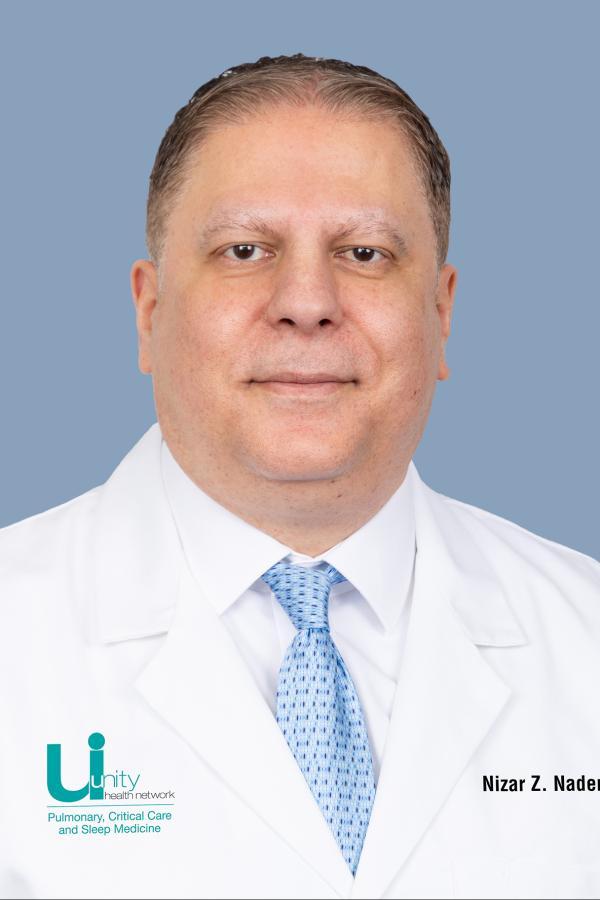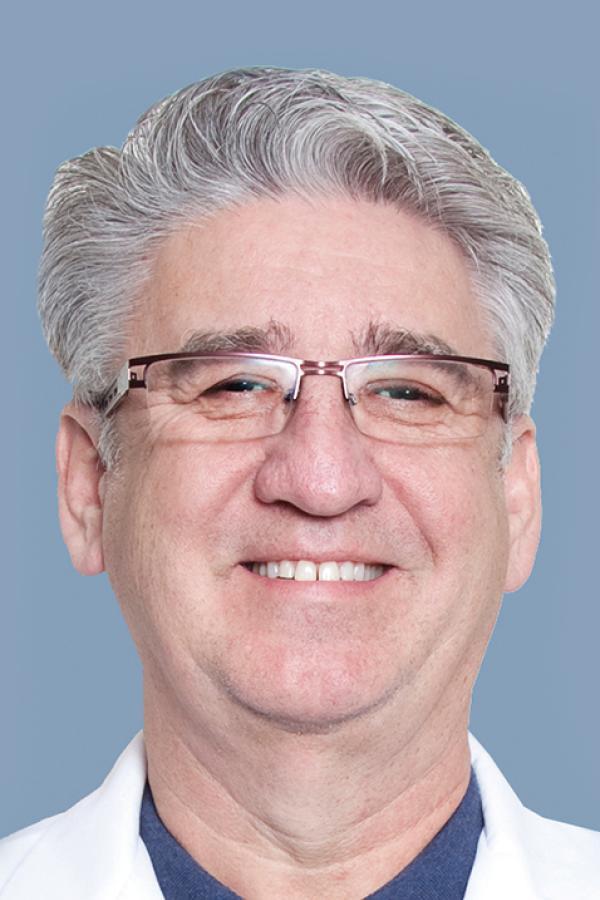Our Sleep Medicine services are provided by our sleep-specialist physicians who are dedicated to the evaluation and treatment of sleep apnea, insomnia, restless legs syndrome, narcolepsy and other sleep disorders. Lawrence M. Saltis, MD and Nizar Z. Nader, MD, FCCP are board-certified for sleep disorder treatment and available for office-based consultations to help you find the rest and relief you need.
Referring physicians receive timely reports which are critical to initiating treatment or further study. Our sleep physicians not only interpret sleep study results, they also are available for consults with referring physicians and patients.
Several of our satellite offices have sleep labs located in them for the convenience of patients. Therapist consultations are available onsite to assist and instruct patients with the use of continuous positive airway pressure (CPAP) therapy for obstructive sleep apnea.
New Treatment for our CPAP Intolerant Patients
When patients with moderate to severe obstructive sleep apnea do not respond to conservative treatments or cannot tolerate CPAP therapy, the sleep and ear, nose and throat specialists at Unity Health Network may recommend INSPIRE Therapy as a treatment option. INSPIRE is a relatively new and innovative procedure in which a small device is implanted under the skin - just below the collarbone (clavicle). A sensing lead (also implanted under the skin) connects the device to the hypoglossal nerve, which controls the muscles of the tongue. While you are sleeping, the lead monitors every breath you take. When the system senses that breathing has become interrupted, it delivers mild stimulation to the hypoglossal nerve, causing the tongue to move appropriately and open the airway.
Learn more here.
Call to Schedule an Appointment Today - To schedule an in-person or virtual appointment with a Unity Health Network sleep specialist, call (330) 253-1411.
Symptoms Of Sleep Disorders
Do you or any of your family members experience any of the following?
- Snoring
- Excessive daytime sleepiness
- Fatigue
- Hypertension
- Diabetes
- Sinus problems
- Leg cramps
- History of stroke
- A.M. headaches
- Insomnia
- Narcolepsy
Who Needs a Sleep Study?
We study patients with varying age and health backgrounds including, but not limited to:
- Sleepy teenagers
- Snoring spouses
- Overweight people
- Chronic insomniacs
- Shift workers
Common Sleep Disorders
- Delayed Sleep Phase – Falling asleep and waking up later than desired.
- Insomnia – Inability to fall and/or remain asleep.
- Narcolepsy – Frequent and uncontrollable desire for sleep, especially during waking hours.
- Periodic Movements of Sleep – Muscle spasms that cause repeated, involuntary leg and arm twitching during sleep.
- Restless Leg Syndrome – Extreme restlessness caused by unceasing itching or crawling sensations in the limbs while awake.
- Sleep Apnea – Breathing stops for a short period of time, often resulting in loud snoring, waking up frequently, and excessive daytime sleepiness. Use this resource to complete a self-test to determine if you're at risk for Sleep Apnea.
- Sleep Walking – Performing complex tasks, including walking, sitting and talking without full consciousness.
- Snoring – Vibrations of the soft palate caused by partial airway obstruction.
- Work Shift Change Syndrome – Impaired concentration and inability to perform on the job because of abnormal sleeping patterns.
Tips For a Restful Night's Sleep
At some point in their life, many people will have trouble sleeping. If you often feel tired, discuss your concerns with one of our sleep physicians. Many patients have found these tips helpful:
- Be consistent with your sleep seven days a week. Go to bed and get up at the same times every day.
- Use the bed only for sleep. Use other areas to watch TV or read if you are not sleepy.
- Exercise regularly, but at least six hours before bedtime.
- Avoid caffeine at least six hours before sleep. Do not use alcohol to help you sleep.
- If you nap, do so for only 20-30 minutes and no later than mid-afternoon.
- A light bedtime snack, such as warm milk or cheese may help promote sleep.
- Bathing is relaxing. Your body needs two hours after a bath to cool down for optimal sleep.
Helpful Websites
- American Sleep Apnea Association
- Narcolepsy Network
- National Sleep Foundation
- Restless Legs Syndrome Foundation
- Centers for Disease Control and Prevention – Sleep Podcast
Home Medical Equipment For Sleep Therapy
Our respiratory therapists work hand in hand with physicians and patients to ensure optimal sleep therapy modalities and equipment information and education. We provide state of the art sleep therapy equipment maintenance and supplies as well as a comprehensive follow-up program. For more information or equipment assistance, contact our Home Medical Equipment department at (330) 572-1011 (option 6), or email hmedepartment@unityhealthnetwork.com


